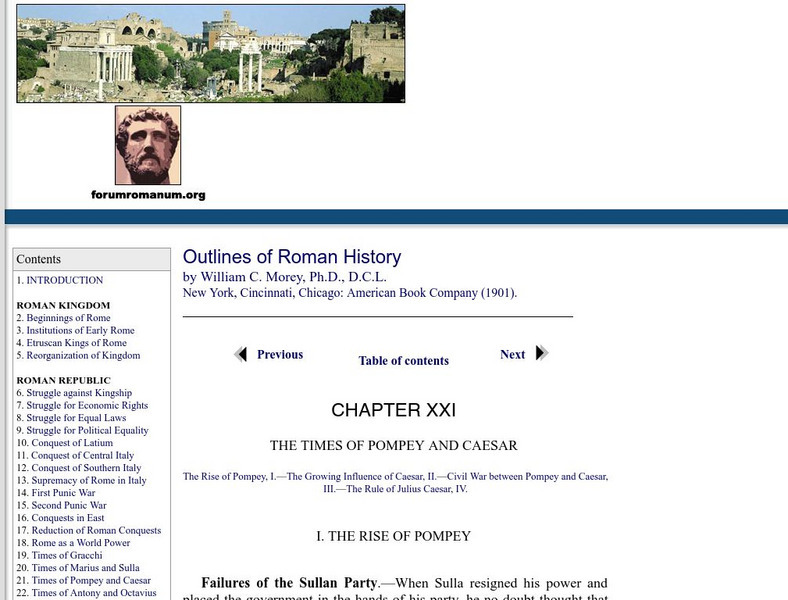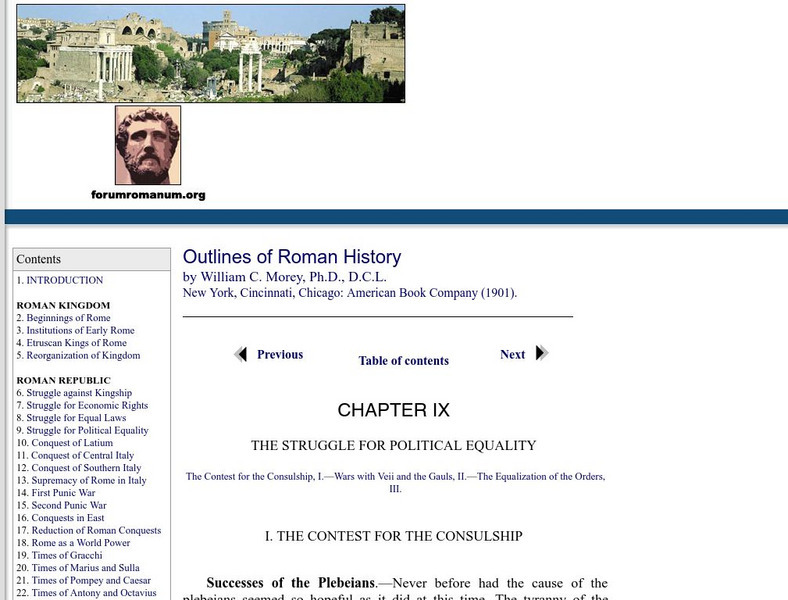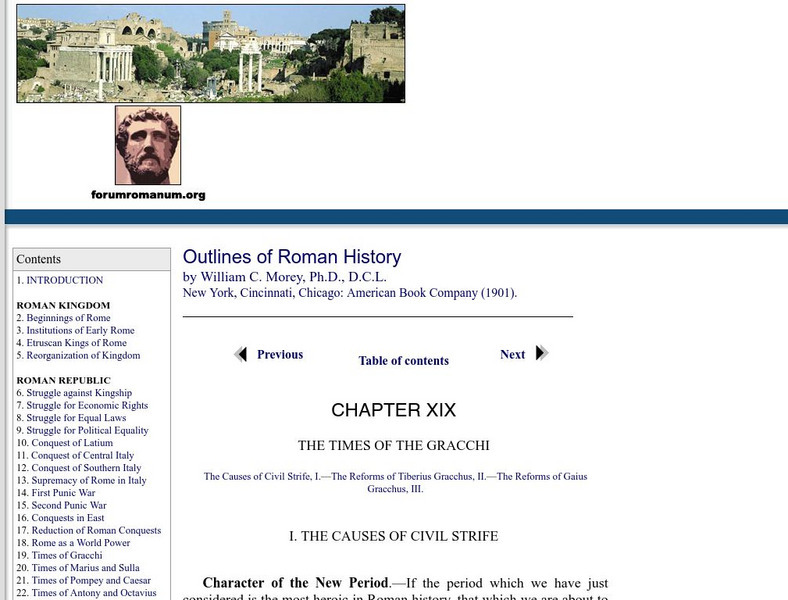Hi, what do you want to do?
Curated OER
The Indian Subcontinent Since 1947: The Legacy of Independence
An exploration of Indian and Pakistani cultures and conflicts throughout the 20th - 21st centuries, this presentation features relevant political cartoons and poignant photos to illustrate the breadth of politics in India and Pakistan....
Stockton University Wordpress
Civil Disobedience: Is it ever ok to break the law?
As part of a study of civil disobedience, class members read excerpts from the writings of activists who were willing to break the law to protest unjust laws.
American Museum of Natural History
Mint Your Own Coin
Provide young archaeologists with an opportunity to craft their own artifacts. The step-by-step directions in an engaging resource show them how to mint their own coin, complete with image, date, and motto.
Curated OER
A Recipe For Democracy - The Delicious Taste of Choice
Children can conduct a mock senate after completing these Declaration of Independence and Constitution lesson plans.
Curated OER
Social Studies" Turning Points
Students will understand how people are affected by places and events and will communicate their opinions in an essay including historical facts.
Curated OER
Master Spy
Students explain that a code is a system of symbols, letters, words, or signals that are used instead of ordinary words and numbers to send messages or to store information. They practice deciphering a variety of secret codes used in...
Curated OER
Geometry of Democracy
Students explore the architecture of New England by identifying geometric shapes. In this architectural activity, students examine photographs of classic building architecture and use a transparency to trace geometric shapes they...
Curated OER
Empire State-Building
Students explore how empires around the globe have impacted the world in which they have existed. They analyze whether or not the United States is an imperialist nation and create their own empires based on their understanding of empires...
Curated OER
Gothic Period
Learners write down information on their outline from the Gothic PPT presentation. Then, they sketch a chair from the Gothic time period by looking through in magazines to find a pictures of a piece of furniture or architectural detail...
Curated OER
Coordinate Connections
Sixth graders complete several activities that involve coordinates and graph paper. They visualize and identify geometric shapes after applying transformations on a coordinate plane. Finally, 6th graders draw and label a coordinate...
Curated OER
Resolving Kennedy's Legacy
Eleventh graders investigate the medical condition that plagued John F. Kennedy throughout his life. In this US History lesson plan, 11th graders read and analyze uncovered documents in relation to Kennedy. Students write a...
Curated OER
The Use of Myths in Science
Students are told stories, myths and legend to explain their world. After telling the tales and discussion them, students are assigned to write a myth that describes a familiar situation, such as why the school garbage cans are always...
Curated OER
The Use of Myths in Science
Students examine folk tales to determine the basis for scientific myths. They demonstrate through the discussion of the folk tales that the perception of the world has changed as new information is gained. They write their own folk...
Facing History and Ourselves
We and They, the Armenians in the Ottoman Empire
Learners examine World War I war crimes. For this world history instructional activity, learners use primary and secondary sources to research and understand the action taken by the United States during the Armenian Genocide. Learners...
Forum Romanum
Outlines of Roman History: The Rule of Julius Caesar
Read about Julius Caesar's reforms of the Roman government in this passage from William Morey's 1901 textbook.
National Geographic
National Geographic: Republic to Empire: Government in Ancient Rome
Study two governments in Ancient Roman history and consider the differences and similarities which impacted the societies.
Forum Romanum
Outlines of Roman History: Roman Government
Find out how Rome evolves from a democratic republic to a government controlled essentially by the wealthy. It works for a long time.
Forum Romanum
Outlines of Roman History: Institutions of Early Rome: The Early Roman Government
This article explains how early government of the Roman city-state evolved. The foundation of the government under the Roman Republic was established during the Roman monarchy.
Forum Romanum
Outlines of Roman History: The Contest for the Consulship
The Roman Republic continues to evolve, incorporating plebeians into the government. New offices are added to the government in an attempt to keep both the patricians and plebeians satisfied.
Forum Romanum
Outlines of Roman History: Rome and the Provinces
Rome's great strength was her brilliance in governing. Read how she organized and governed her provinces. The "law of nations", ius gentium, evolved into consistent justice throughout Roman lands.
Forum Romanum
Outlines of Roman History: Five Good Emperors: Reign of Trajan
This passage from William Morey's 1901 textbook tells about Trajan, one of Rome's greatest rulers. Included is a chart showing all the Roman provinces and the dates they were acquired.
Forum Romanum
Outlines of Roman History: Times of the Gracchi: Causes of Civil Strife
In a chapter from William Morey's 1901 textbook, he explains the make-up of the Roman populus at the beginning of the Late Republic.
Forum Romanum
Outlines of Roman History: Times of Marius and Sulla: Rise of Marius
In this section of a chapter in William Morey's 1901 textbook, you will find out about Marius and his reorganization of the Roman army.
Forum Romanum
Outlines of Roman History: The Growing Influence of Caesar
When reading this passage from William Morey's 1901 textbook, you'll find out about the beginnings of Julius Caesar's power in the Roman Republic.




























